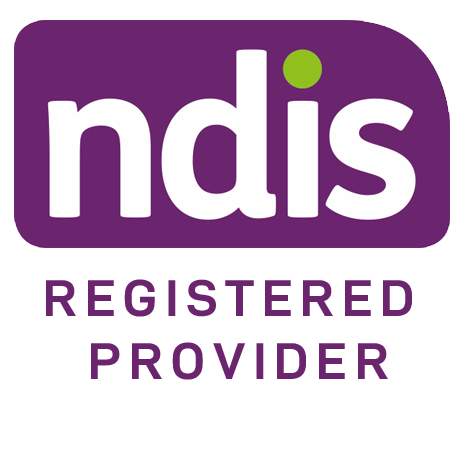Introduction: Alzheimer's disease, a progressive neurological disorder, presents one of the greatest challenges in healthcare today. As it affects millions of individuals and their families worldwide, it's imperative to shed light on this complex condition. In this blog post, we'll delve into what Alzheimer's disease is, its impact, early signs, diagnosis, caregiving, and ways to support those affected.
Understanding Alzheimer's Disease: Alzheimer's disease is a type of dementia that causes a decline in memory, thinking, and reasoning skills. It affects the brain's structure and function, leading to memory loss, confusion, personality changes, and challenges in daily functioning. While age is the primary risk factor, Alzheimer's can affect individuals of all ages.
Recognizing Early Signs: Early detection of Alzheimer's is crucial for timely intervention. Some common early signs include:
- Memory loss that disrupts daily life
- Difficulty in planning or solving problems
- Confusion with time or place
- Challenges in completing familiar tasks
- Changes in mood or personality
Diagnosis and Treatment: Diagnosing Alzheimer's involves a comprehensive assessment, including medical history, physical examination, neurological tests, and cognitive assessments. While there's no cure for Alzheimer's, early diagnosis allows for symptom management and interventions to slow its progression. Treatment may include medications to improve cognitive function and manage symptoms, along with lifestyle modifications and support services.
Navigating Caregiving Challenges: Caring for someone with Alzheimer's can be emotionally and physically demanding. Caregivers may face challenges such as managing behavioral changes, providing personal care, ensuring safety, and balancing caregiving with other responsibilities. Seeking support from healthcare professionals, joining support groups, and practicing self-care are essential for caregivers' well-being.
Supporting Individuals and Families: Supporting those affected by Alzheimer's requires compassion, patience, and understanding. Simple gestures like listening, engaging in meaningful activities, and maintaining a familiar routine can make a significant difference. Educating oneself about Alzheimer's, raising awareness, and advocating for better resources and services are also crucial in supporting affected individuals and families.
Conclusion: Alzheimer's disease presents formidable challenges for individuals, families, and communities. By understanding its impact, recognizing early signs, promoting early diagnosis, and providing compassionate support, we can enhance the quality of life for those affected by Alzheimer's. Together, let's navigate the maze of Alzheimer's with empathy, resilience, and a commitment to fostering a dementia-friendly world.

